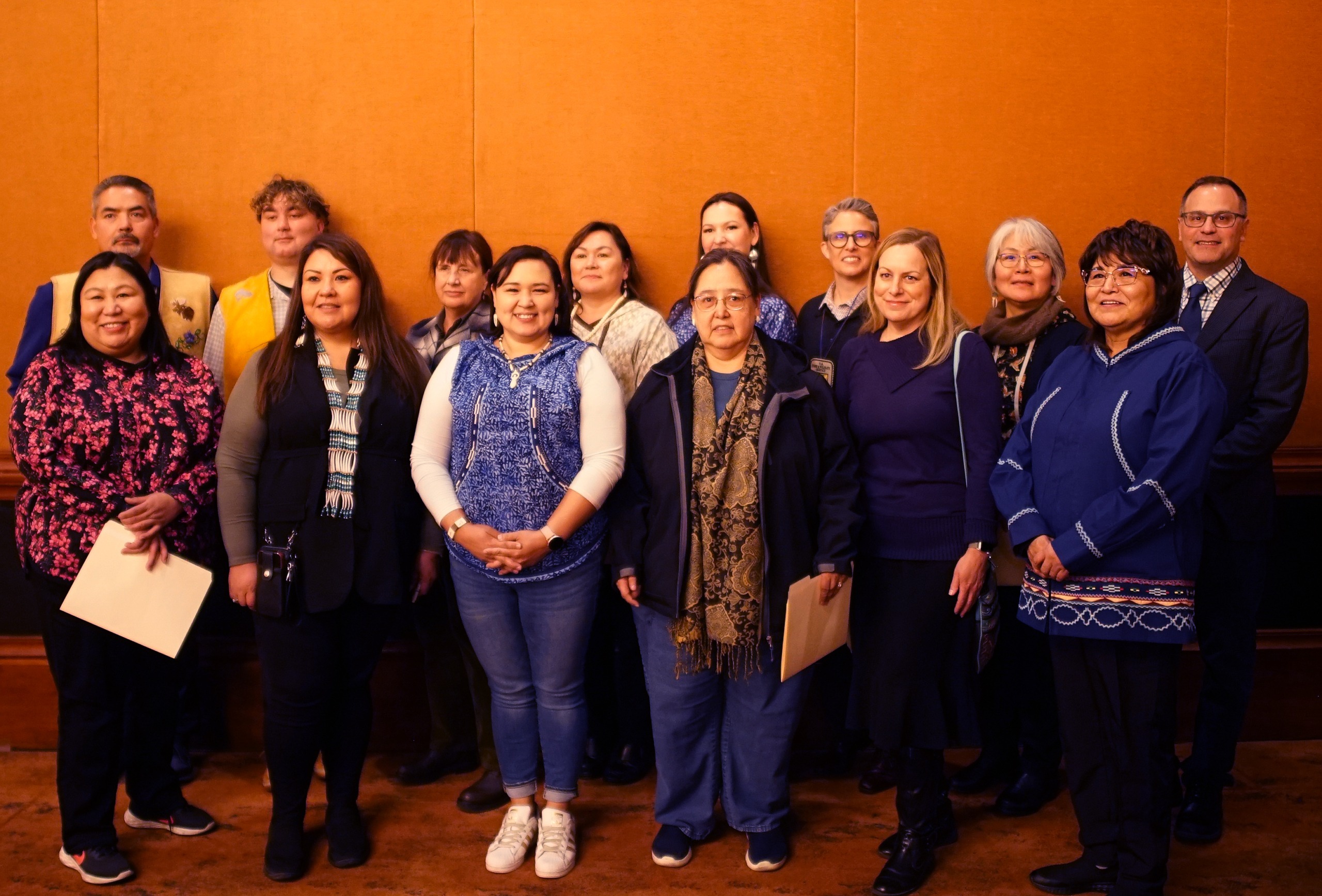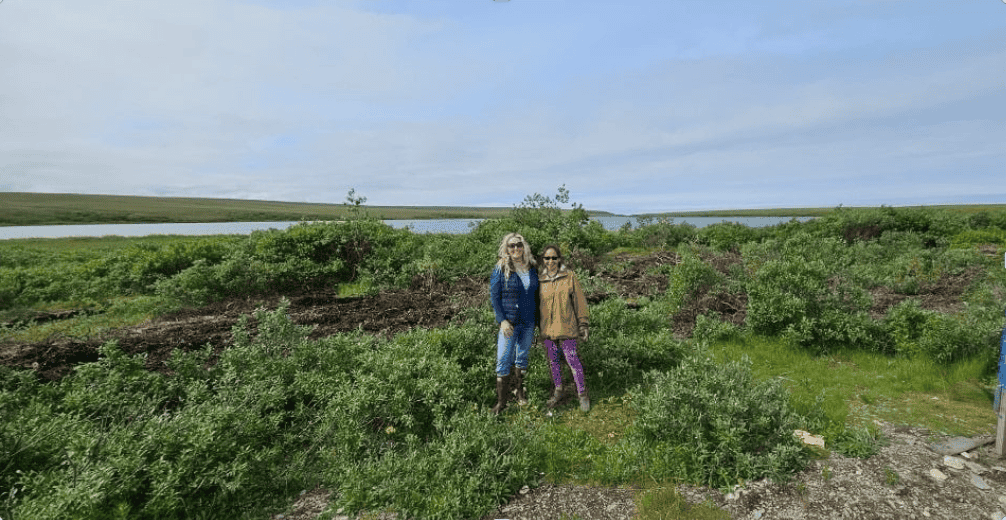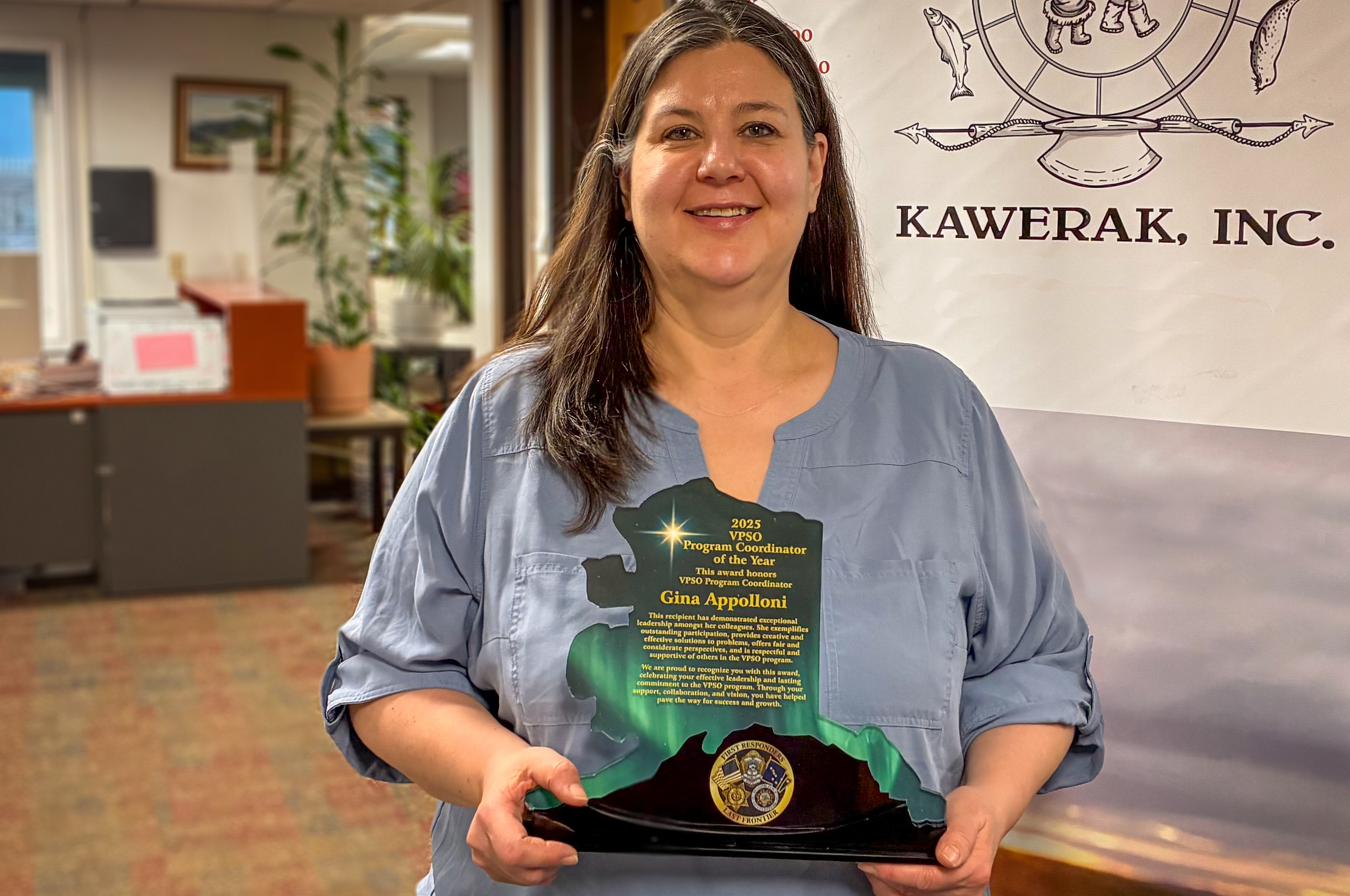On October 16, a groundbreaking agreement was signed between U.S. Department of Interior agencies and Tribes and Tribal Organizations. The MOU formalizes a partnership between Alaska Native Tribes, tribally authorized consortia, and tribal organizations in the Northern Bering Sea region, the Yukon and Kuskokwim River watersheds of Alaska and federal agencies within the Department.
The intent of the agreement is to address threats to salmon and food security as well as establish better practices of co-stewardship and co-management across jurisdictional and geographic boundaries. The overall goal is to restore the health of, and relationship between, salmon, people, and place. Expertise from Indigenous and Traditional Knowledges will be recognized. Tribal sovereignty and self-governance will be honored. Respect of tribal stewardship and endorsing tribal recommendations regarding decision-making and regulatory authority in wildlife ecosystems and fisheries management have long been needed in Alaska. This agreement promises to make progress in these areas.
Although all Tribes in the Bering Strait Region were invited to sign the agreement, currently Nome Eskimo Community is the only signatory. Present at the ceremony to sign on behalf of NEC was NEC Council President Allison Johnson. She was enthusiastic about the agreement commenting, “We cannot accomplish everything on our own. There are times where we need to be able to work with one another to move forward with a shared vision for all.” Tribal Organizations were invited to sign as well, and President Melanie Bahnke signed on behalf of Kawerak.
This agreement is based on the Biden Administration’s Gravel to Gravel initiative focusing on ecosystem restoration and resilience, salmon conservation, and strengthening relationships between Tribes, Tribal organization and Federal agencies. This initiative is infusing funding into Alaska, including a $1.66 million grant to Nome Eskimo Community (NEC) for fishery-related work.
Nome Eskimo Community determined to collaborate with Kawerak for the work to be done regarding fisheries to strengthen community action regarding salmon. The funds will establish two new positions: a Fisheries Advocate position with NEC and a Fisheries Biologist position with Kawerak. These positions will help address some fishery-related capacity gaps in the Region. Although awarded and based in Nome, the collective work around salmon-related advocacy from the project will benefit the entire region, with Indigenous perspectives, knowledges and solutions at the forefront.
One specific project for the funds includes an ecological study of Imuruk basin – an important subsistence area for the region. This study can offer useful baseline data for fish habitats that could be utilized for future research and offer comparative data. More projects may develop over the course of the grant, depending on needs identified by the staff.





